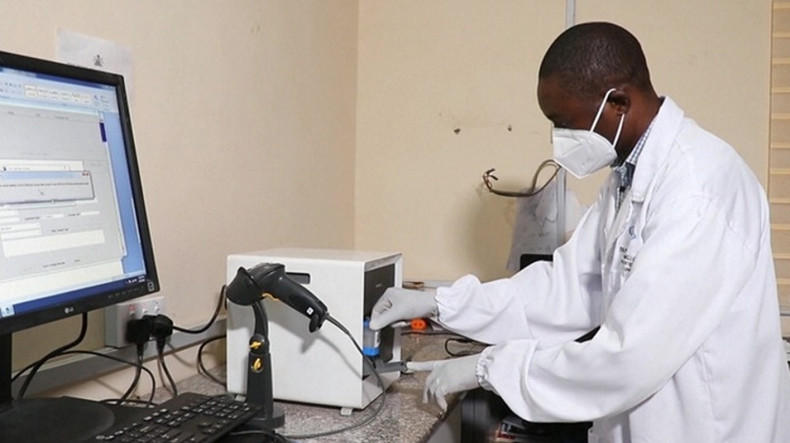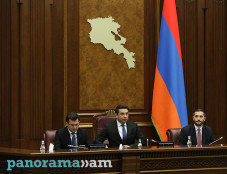
WHO declares mpox global public health emergency
The World Health Organization (WHO) has declared the mpox outbreak in parts of Africa a public health emergency of international concern, BBC News reports.
The highly contagious disease - formerly known as monkeypox - has killed at least 450 people during an initial outbreak in the Democratic Republic of Congo.
It has now spread across parts of central and east Africa, and scientists are concerned about how fast a new variant of the disease is spreading and its high fatality rate.
WHO chief Tedros Adhanom Ghebreyesus said the potential for further spread within Africa and beyond "is very worrying".
"A co-ordinated international response is essential to stop this outbreak and save lives," he said.
Mpox is transmitted through close contact, such as sex, skin-to-skin contact and talking or breathing close to another person.
It causes flu-like symptoms, skin lesions and can be fatal, with four in 100 cases leading to death.
Outbreaks can be controlled by preventing infections with vaccines, though these are usually only available for people at risk or those who have been in close contact with an infected person.
Since the start of the year, there have been more than 13,700 cases of mpox in the DR Congo, with at least 450 deaths.
It has since been detected in other African countries - including Burundi, the Central African Republic, Kenya and Rwanda.
To address the outbreak, WHO has already released $1.5m in contingency funds and plans to mobilise more resources.
Newsfeed
Videos






























